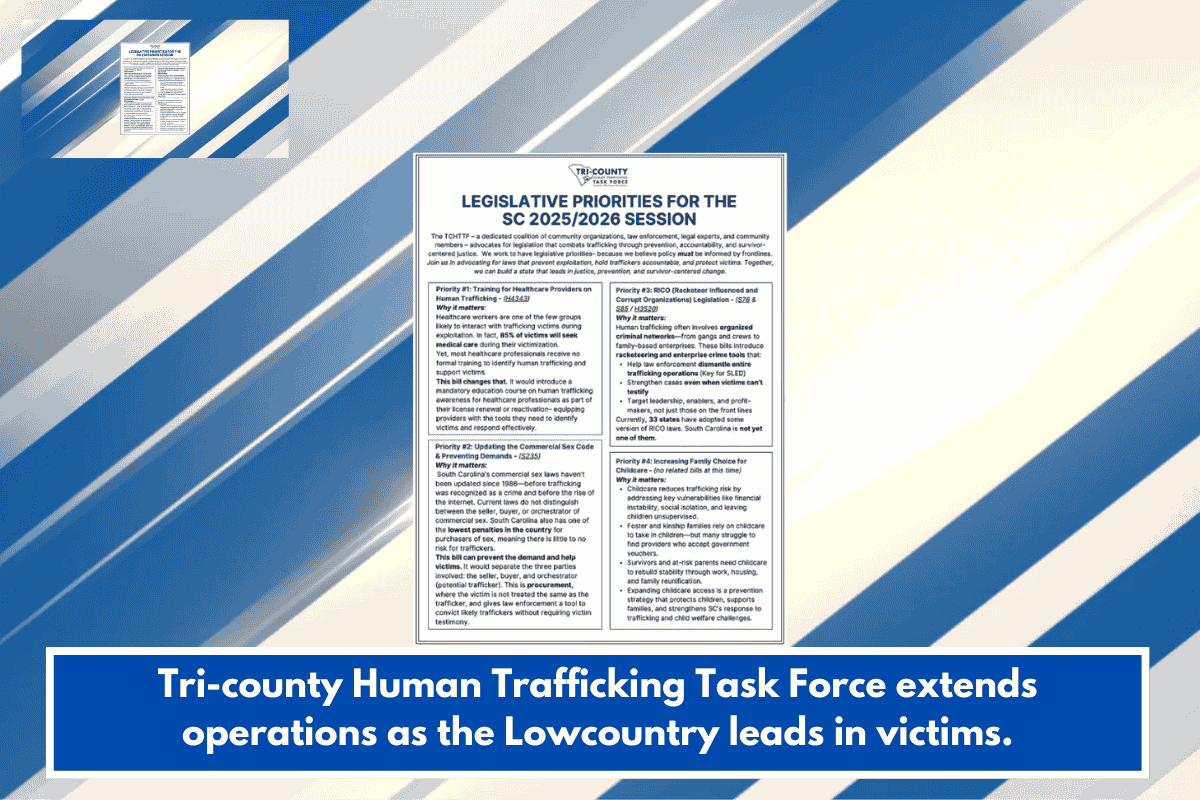Mississippi’s Stand Your Ground law is an important aspect of the state’s self-defense laws, allowing individuals to protect themselves when they reasonably believe they are in imminent danger of harm. This law is designed to give individuals the right to use force, including deadly force, to defend themselves in certain situations without the obligation to retreat. Here’s a closer look at Mississippi’s Stand Your Ground law and how it works.
Self-Defense Without the Duty to Retreat
One of the main components of Mississippi’s Stand Your Ground law is the idea that a person does not have to retreat if they are in a situation where they fear for their life or safety. This law applies to public spaces as well as private property. In other words, if someone is confronted with a threat of serious injury or death, they have the right to use reasonable force to defend themselves, and they are not required to attempt to escape the situation before using force.
Castle Doctrine
Mississippi’s Stand Your Ground law is closely related to the Castle Doctrine, which allows individuals to use force to protect themselves in their own home or vehicle. Under the Castle Doctrine, there is no duty to retreat when faced with an intruder or threat in one’s home, and the law provides strong protection for homeowners or property owners who act in self-defense.
Use of Deadly Force
Mississippi law allows the use of deadly force in self-defense situations, but only when the individual reasonably believes that they are at risk of death or serious bodily harm. Deadly force is considered justifiable if it is necessary to prevent such harm, and the law does not require the individual to retreat before using deadly force.
Limits of the Law
While Mississippi’s Stand Your Ground law provides broad protections for individuals acting in self-defense, there are limitations. The law does not protect individuals who provoke or escalate a confrontation with the intent of using force. If someone is the aggressor in a situation and then uses force, they may not be protected under the Stand Your Ground law.
For example, if someone instigates a fight and then claims self-defense after using force, the law may not apply, as the person may be considered responsible for creating the situation that led to the confrontation.
Legal Implications and Immunity
Under Mississippi law, individuals who use force under the Stand Your Ground law may be protected from criminal prosecution if they are acting in self-defense. However, the individual’s actions are still subject to review by law enforcement and the courts to ensure that they were justified.
In some cases, a person who claims self-defense under the Stand Your Ground law may be granted immunity from prosecution. This immunity may apply to both criminal charges and civil lawsuits, meaning the person may not be required to defend themselves in a courtroom.
Mississippi’s Stand Your Ground law is designed to protect individuals who are forced to defend themselves in situations where they believe they are in immediate danger. By allowing people to use force, including deadly force, without the requirement to retreat, the law provides individuals with a strong right to self-defense. However, it is important to understand the law’s limitations, especially when it comes to aggression and escalation. It is also crucial to note that while the law provides protections, the use of force must still be deemed reasonable by law enforcement and the courts to ensure that it is justified under the circumstances.
SOURCES
[1] https://en.wikipedia.org/wiki/Stand-your-ground_law
[2] https://giffords.org/lawcenter/state-laws/stand-your-ground-in-mississippi/
[3] https://www.ncsl.org/civil-and-criminal-justice/self-defense-and-stand-your-ground
[4] https://www.criminalattorneyhernando.com/blog/2024/07/legal-consequences-of-self-defense-with-a-firearm-in-mississippi/
[5] https://www.witherspooncompton.com/blog/2022/06/understanding-mississippis-stand-your-ground-law/














